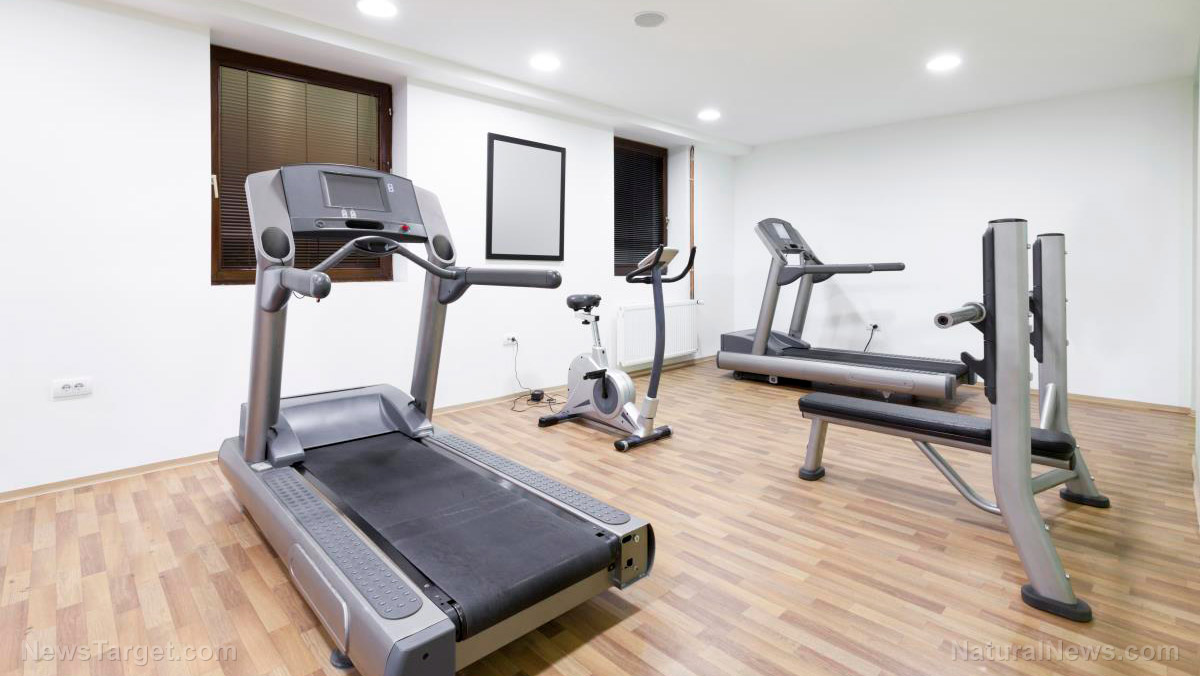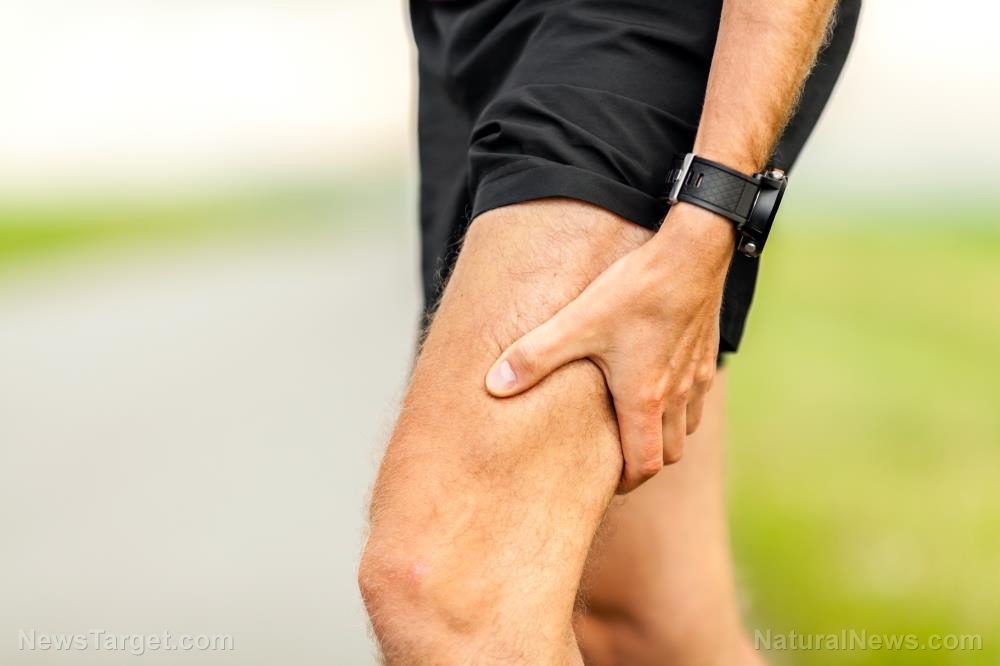Can a 10-minute, non-stressful exercise help stimulate your memory?
12/18/2018 / By Edsel Cook

You can improve your recent memory through a short session of light exercise. An article in Psychology Today reported that people performed better in short-term memory tests after spending 10 minutes on an exercise bike at a steady but unhurried pace.
The findings came from an experiment conducted by Japanese and American researchers. They employed a bicycle ergometer, a type of stationary bike that is usually used to measure the amount of work exerted by the user.
Overseen by researchers from the University of California at Irvine (UCI) and the University of Tsukuba (Tsukuba), the experimental group consisted of 36 young adult volunteers. Each participant underwent a test of their episodic memory.
Participants would be shown pictures of ordinary everyday objects, one after another. They would try to figure out if there were any similarities between the current object and the ones shown just earlier.
They found that participants who took the 10-minute-long exercise before the test demonstrated better episodic memory. The volunteers were able to quickly and accurately remember previous objects, as well as any possible connections between the earlier ones and the current object. (Related: Yes, you can exercise your brain to dramatically improve cognitive performance.)
Short sessions of moderate exercise can sharpen short-term memory
The UCI and Tsukuba researchers explained that the 10-minute time limit of the non-stressful exercise is short enough to be practical for most people. At the same time, it is long and intense enough to induce memory benefits.
They noted that the exercise raised the activity levels of the hippocampus, the part of the brain that is closely linked with recent memory. Earlier studies have shown that a person who sustained injuries to his or her hippocampus will keep long-term memories while being unable to create new memories.
Furthermore, the dentate gyrus/CA3 regions of the hippocampus increased their physical connections with some areas of the cerebral cortex. These parts are where the brain keeps newer memories.
The researchers used functional magnetic resonance imagery (fMRI) to evaluate the increased activity in the hippocampus. They also measured the density of the nerve fiber connections between the hippocampus and cerebral cortex.
Higher densities of nerve fiber connections increase the number of signals traded between nerve cells during a specific amount of time. The resulting higher connectivity was connected with improved performance in the episodic memory test.
Energize your episodic memory with daily doses of moderate physical exercise
Based on the results of their experiment, the researchers theorized that the activity and the connectivity levels of the hippocampus played important roles when it came to saving episodic memories. Therefore, anything that can spur the hippocampus into higher levels of activity will improve one’s grasp of those short-term memories.
“The hippocampus is critical for the creation of new memories; it’s one of the first regions of the brain to deteriorate as we get older – and much more severely in Alzheimer’s disease,” explained UCI researcher and lead author Michael Yassa. “Improving the function of the hippocampus holds much promise for improving memory in everyday settings.”
For comparison, the nearby amygdala region of the brain is responsible for storing threatening or traumatic memories that have emotions invested in them. There may be ways to stimulate this part of the brain in a similar way that moderate exercises do for the hippocampus.
In the meantime, considering spending a few minutes pedaling on your stationary bike every day. Then see for yourself if your episodic memory has improved by playing memory games.
Learn about the best ways to keep your brain, and your body fit, at MensFitnessFocus.com.
Sources include:
Submit a correction >>
Tagged Under:
brain activity, brain booster, brain exercise, brain function, fitness, hippocampus, longevity, memory, memory booster, moderate exercise, physical exercise, short-term memory
This article may contain statements that reflect the opinion of the author
RECENT NEWS & ARTICLES
LongevityScienceNews.com is a fact-based public education website published by Longevity Science News Features, LLC.
All content copyright © 2018 by Longevity Science News Features, LLC.
Contact Us with Tips or Corrections
All trademarks, registered trademarks and servicemarks mentioned on this site are the property of their respective owners.




















